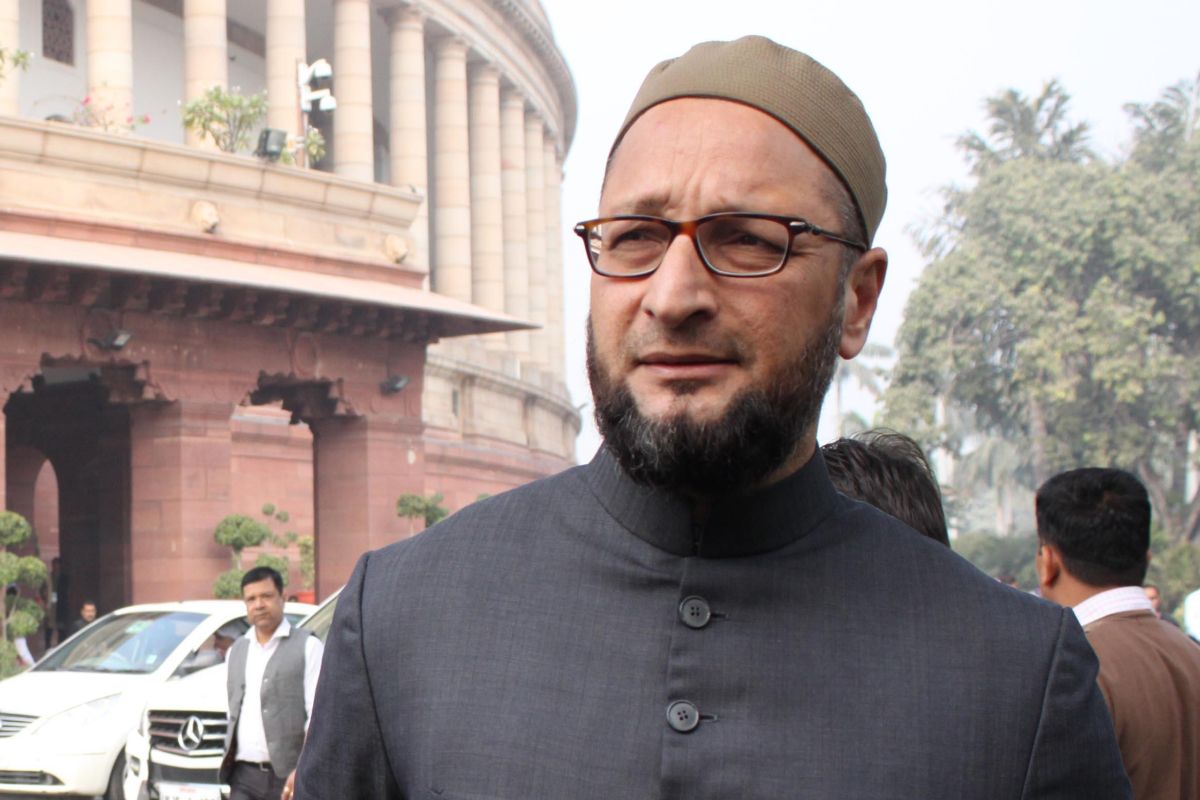WB school recruitment scam: SC partially stays Calcutta HC order
Extends interim protection to appointees.
Buoyed by the success in Bihar Assembly elections AIMIM has decided to contest in upcoming West Bengal elections and Owaisi has met Pirzada Abbas Siddiqui of Furfura Shareef on contesting elections together.

Asaduddin Owaisi. (File Photo: IANS)
AIMIM chief Asaduddin Owaisi today took a dig at the Imams after their statement that they will not allow division of minority vote in West Bengal, wondering why Muslims are lagging behind though votes have not split in the past 70 years.
Buoyed by the success in Bihar Assembly elections AIMIM has decided to contest in upcoming West Bengal elections and Owaisi has met Pirzada Abbas Siddiqui of Furfura Shareef on contesting elections together.
Owaisi took to the micro blogging site Twitter after a statement from Bengal Imam’s Association that the community does not need any outside leader and they do not believe in communal or casteist politics.
Advertisement
Owaisi retorted: “Imam sahab, for over 70 years Muslim has not been divided. Muslims are 27 per cent of Bengal population but 37 per cent of state’s prison population. In whose favour was this undivided vote? Surely not 80 per cent of Bengal’s Muslims who earn only 5000 per month.”
He went on to add, “Please also explain to us how/why Mausam Noor lost the election in Malda. I respectfully request you to never underestimate Furfura Shareef and yes we are with Abbas Siddiqui.” Mausam Noor, the niece ABA Ghani Khan Chowdhury had quit Congress and joined Trinamul Congress but lost her Malda (North) seat to BJP’s Khagen Murmu due to splitting of votes between Congress and Trinamul Congress in 2019 elections. With the entry of AIMIM, parties like Trinamul Congress and Congress are apprehensive of a further split of minority votes, paving the way for BJP’s win in the upcoming Assembly elections. It may be recalled that the West Bengal chief minister had introduced allowance for Imams in the state.
Owaisi has decided to contest elections in West Bengal, Uttar Pradesh, Madhya Pradesh and Gujarat and the party’s has seen some success by tying up with smaller parties.
Advertisement